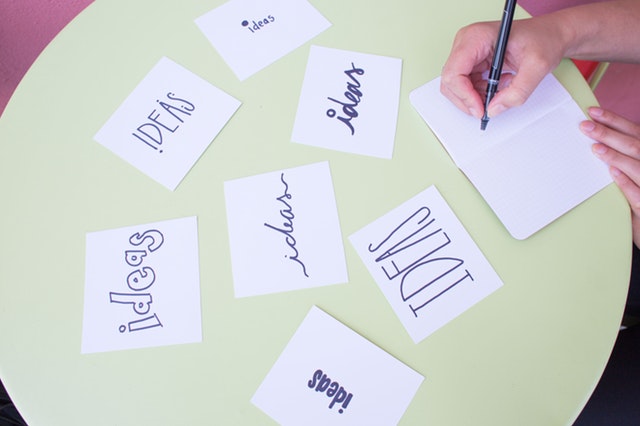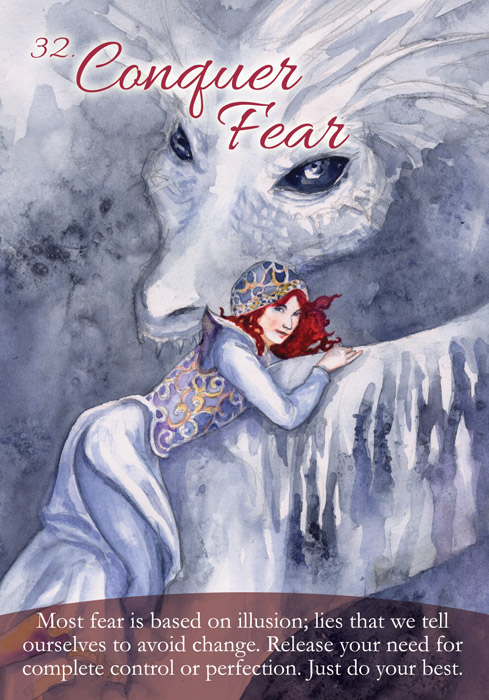
I’ve been ghostwriting recently, as I’ve shared on my mailing list. I almost wish I’d started doing this earlier, because it’s a comfortable fit for someone who was trained in Journalism but hates the usual news-writing deadlines. Writing a book, you’re given more time.
The person hiring the ghostwriter is still known as the author, and the author’s name features on the cover. The ghostwriter may or may not get name explicitly in the book credits, but this depends on the contract.
To tell you the truth, I think hiring a ghostwriter is brilliant, for those people who want to become authors but do not have the time. Everyone involved just needs to be happy with the payment and contract terms.
First, hiring a ghostwriter is an option to consider for those people who:
- may be physically incapacitated from typing
- have material (even an overwhelming amount) for compiling into a book but do not have the time
- have the money and mindset to delegate
- need to have their book NOW

Ghostwriting. Typewriters and romantic backlighting optional.
I’m the THIRD ghostwriter for the manuscript that’s come to me. Much of my work is organising what’s been written so far, adding to it so that the material is complete, then editing so that it has a clear and consistent voice.
I’m not staring at an empty page when I work, but even when I do, filling the page goes fast because I know the material, why it’s there, and how the reader needs to receive it together with the rest of the book.
Work is flowing, because the usual blocks as I’ve faced as a writer aren’t there anymore.
This was written about writing, but you can extend this to any creative work.
If your work is stalled or just can’t start, here are the 3 big reasons:
1. You don’t know what you want to write
Writers may get stuck because their aim and the material isn’t clear in their heads yet. Putting text on a page becomes their equivalent of stumbling in a fog. Some writers will get words out anyway, figuring it out as they go along (these are the veterans). Others freeze, give up, and find writing hard.
Writing for others has always been easier for me because there’s always a “pre-interview” I do before beginning. Journalists do this anyway–they pick their subject’s brain. Even web designers (another role I’ve played since 2000) do this trying to understand what the client wants.
Writing for yourself means knowing yourself and what you want. If you don’t know, asking questions and figuring out the answers (interviewing yourself) can also be done through writing. It gets words out. You learn as you go.
Jot down your book contents. Get the draft out. Both plan and draft can be edited.

Write your ideas down. But not like this. That’s just silly.
2. Your inner critic or perfectionist is preventing you

Expect mistakes and allow yourself to make them. You get more creating done that way. Imagine your inner critic or perfectionist as someone you find annoying. Now tell them to shut up.
Writing is hardest for those who think they have to get it “perfect” right from the start. This is the same mindset that incapacitates people who want to learn how to draw or paint. They keep going over the same lines, erasing, redoing, erasing, redoing.
You just need to do it. Leave it on the page. Move past it, get to the other lines. You’re learning as you go, turning yourself into the writer or the artist by leaving the lines there. To be a better writer or artist, the lines that you’ve completed NEED TO STAY, no matter if you’re unhappy with them.
You relook at your work later as a whole, so you can learn where your weak and strong points are. Save the editing and corrections for their own stage, not during creation. THEN the work gets better, and you get better.
Progress comes from moving on and keeping at the act of creating, not from wasting time erasing our mistakes.
3. The Fear of Writing (badly or too slowly) is still stronger than the pain of NOT writing
Fear incapacitates. We get the urge to fight or flight. Fleeing from writing is easy. So we do that. We let the empty page scare us.

Card 32 from the Self-Love Oracle.
But taking on the fear doesn’t mean we need to stare at the blank page. We can sneak up on it by making lists, tackling mini-stories, or writing down the points that we want to make. We break down the big challenge by making it into little doable tasks. We commit time. We commit a bit of time every day.
A little bit of math can go a long way. A short book is 60,000 words. To complete that in a year, that’s 165 words a day. We probably type that much every day on social media.
Think of how long you’ve wanted to write YOUR book. If it’s been years, how many books have you NOT written already? Does this hurt enough yet?
Get to it. You can do it.
If you need help, get in touch.
